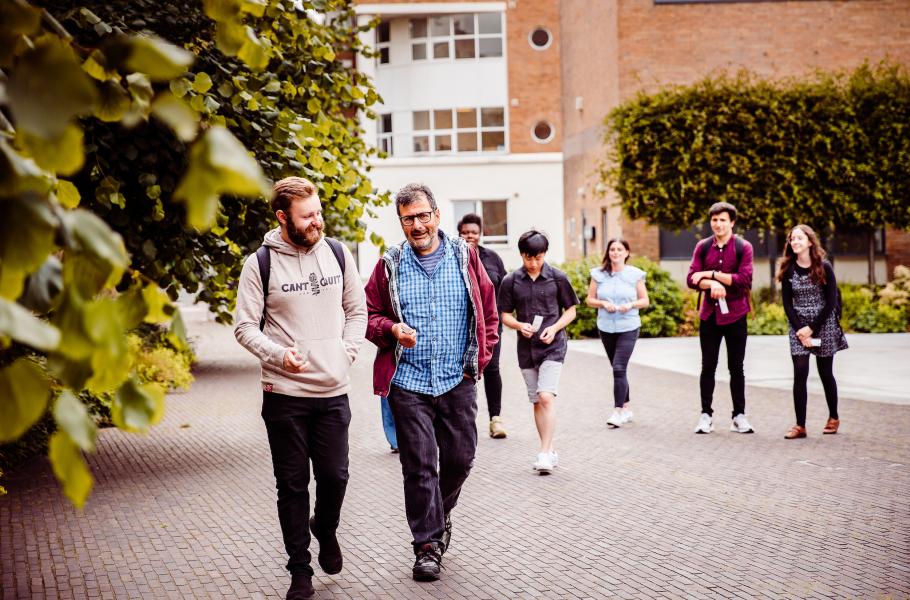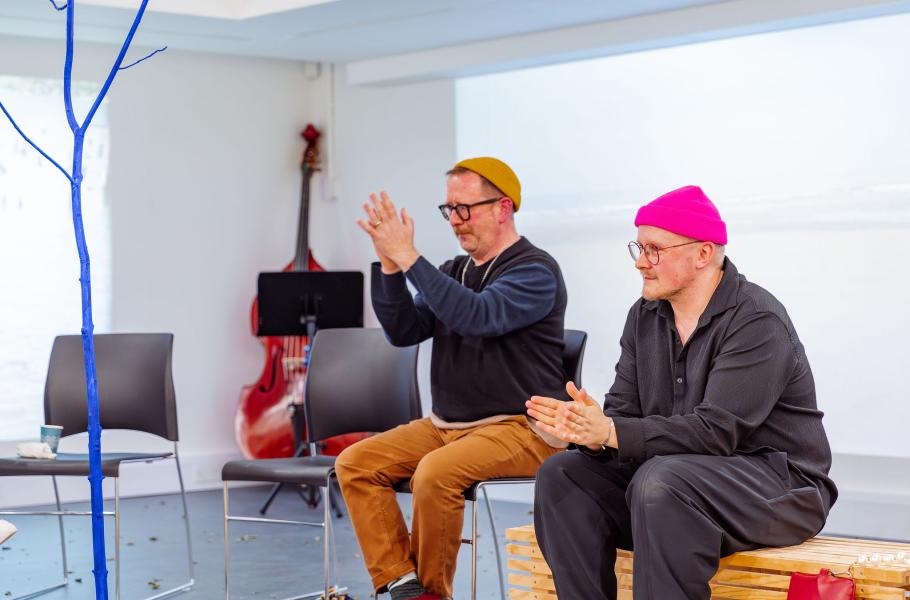A Statement on Environmental Justice
Lancaster Arts January 2024
Lancaster Arts’ vision is of a world where social and environmental justice drives change for our future and is inspired and provoked by artistic practice. We see environmental justice as a global systemic condition that reaches into every aspect of our lives, from education, political policies, class and assumed power, economics and trade to culture and everyday life. Global systems play out at a very local level.
We think that environmental injustices are intrinsic to the climate crisis but also go beyond climate issues. We don’t intend to simplify or summarise such complex issues but will highlight examples of what environmental justice work might address:
Poor health and shortened life spans as a result of food poverty, and/or lack of access to clean water and air,
The displacement of communities as a result of land use for the extraction of minerals and fossil fuels or the rising of ocean levels,
Unequal access to nature and therefore, the benefits of being within it
The destruction of habitats, loss of biodiversity, pollution of freshwater systems, and extreme weather events which disproportionally impact indigenous communities who rely on the land for their survival
Attention to the ‘more than human’ and loss of species as a result of dominant human-centric behaviour
Increasing social isolation and loss of community, as a result of socioeconomic factors, pandemics and post pandemic traumas
Historically, colonialism has stripped people of the global majority, indigenous, women, disabled and queer of their homes, agency, livelihoods and dignity.
Environmental justice shows us how colonial patterns repeat themselves by disproportionately harming the same people, often in very similar ways. We don’t believe that we can address the urgencies of climate change without acknowledging these connections within a wider frame of environmental justice. For us as arts practitioners, it means collectively exploring new ways of imagining different futures, finding alternative scenarios, discovering the joy and benefits of how we care for each other and the planet, as well as deep investigations into the unjust impacts upon people, communities and the more-than-human.




